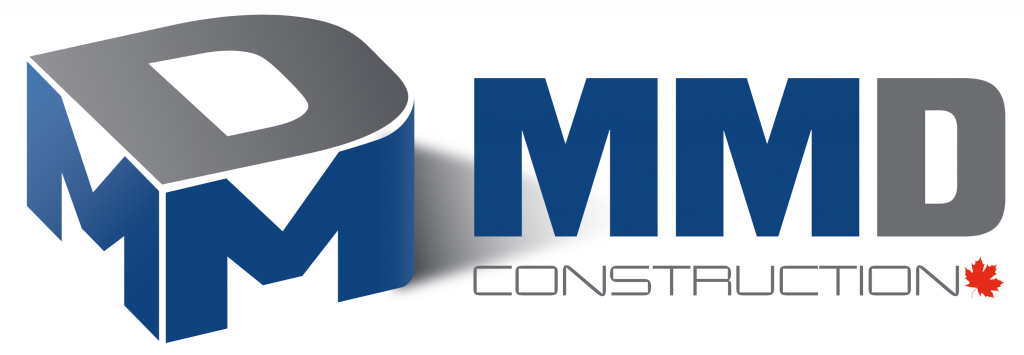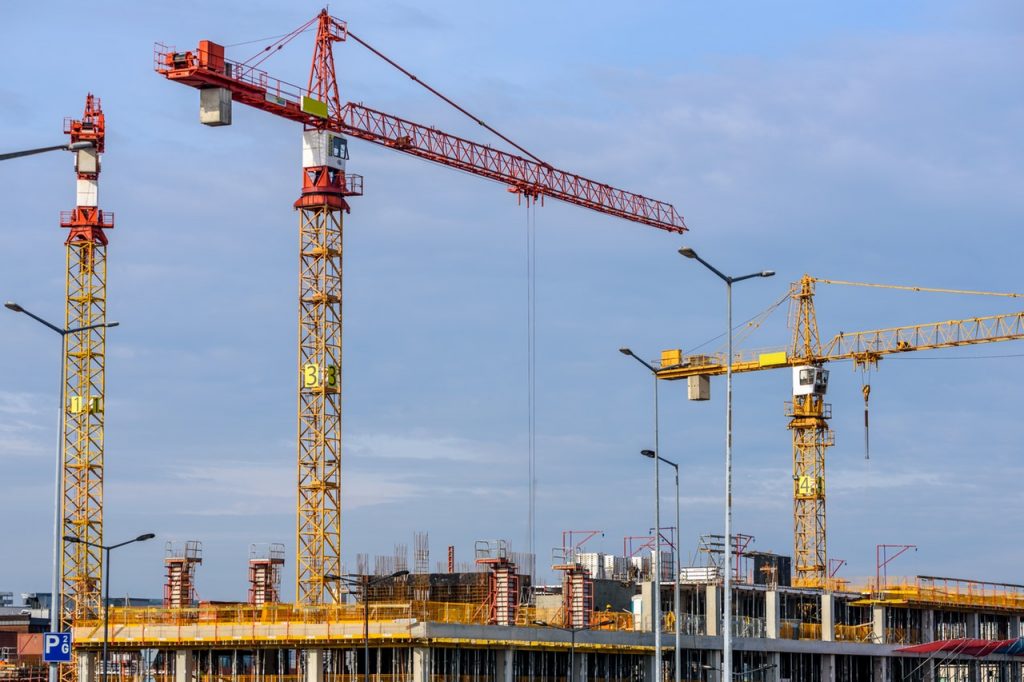Commercial remodeling can be an exciting time for your business, but there are many pitfalls that can muddy your path. To help you achieve a stress free revamp we’ve come up with an article covering the top five commercial remodeling tips.
Know Your Zoning
The zoning bylaws that cover your building let you know the kinds of businesses you can and cannot operate in that location. Understanding this is incredibly important. You don’t want to be well into your renovations to find out your business isn’t welcome there. Review the certificate of occupancy carefully. It will tell you the legal uses of the property. They’re not easy to change, so choosing a location that allows for your business is easier than trying to rezone.
Assess Property Violations
Previous tenants (or possibly even yourself) may have made some modifications to the property that aren’t exactly legal. This can cause you great problems when renovating because you’ll have inspectors making sure everything is up to code. Knowing of existing property violations will allow you to plan around them rather than have them be a complete surprise. Paying to have a professional such as an engineer, architect or general contractor inspect your sight could be well worth the money.
Infrastructural Assessment
Making sure the infrastructure of your property is able to support your new business is another important thing to ensure. Structural considerations as well as utilities such as water, gas and electricity need to be up to par for the type of business you’re carrying on. Failure to do so can, at the very least, cause problems, and at the very worst, cause the failure of your business.
Building Envelope Assessment
The building envelope is what separates the outdoors from the indoors. Ensuring the envelope is something you can work with will be important to your business’s future wellbeing. If you’re dealing with a heritage building or one that contains banned materials such as asbestos, this could radically alter your renovation work.
Required Facilities
Things such as accessibility issues or the number of washrooms required may drastically impact your renovation plans. Understanding the effects of these issues before you start renovation work can be the difference between a smooth transition period or one of delays and setbacks.





